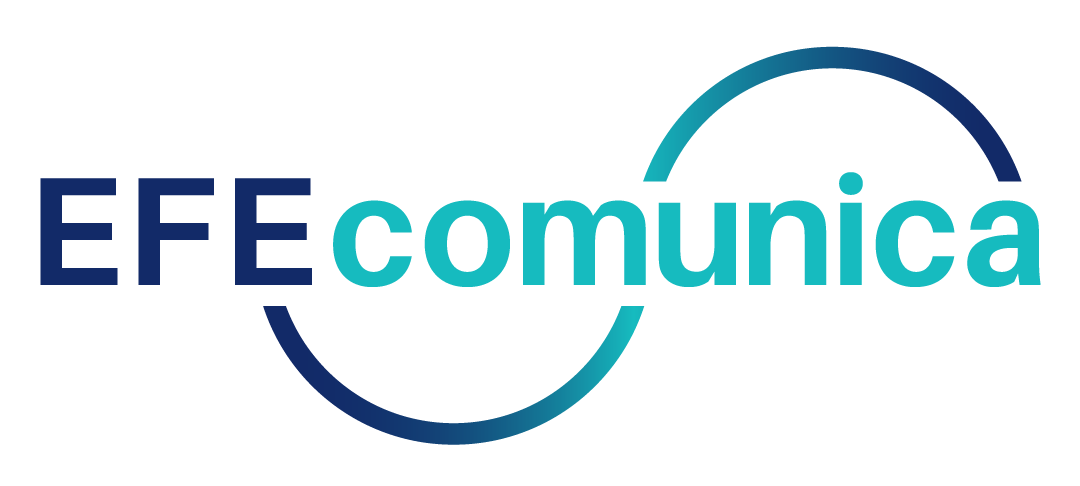Brasilia, April 27 (EFE).- Indigenous leaders from across Latin America convened in the Brazilian capital this week to push for the rights of native peoples and draft a collective agenda for COP30, which includes measures ranging from land demarcation to fair energy transition, participants at the Campamento Tierra Libre (Free Land Camp) told EFE.
Marking the 20th anniversary of the camp, held from April 22 to 26, nearly 8,000 individuals participated in what is considered Brazil’s largest indigenous mobilization, featuring traditional rituals, debate plenaries, vigils, and a crafts fair.
The Campamento Tierra Libre primarily aims to defend the rights of Brazilian Indigenous people to preserve their territories,.
“It has also become a hub for global indigenous communities to come together,” said Dinamam Tuxá, coordinator of the Articulation of Indigenous Peoples of Brazil (APIB), in an interview with EFE.
At this year’s camp, Latin American indigenous leaders worked on drafting a document outlining a united strategy for the upcoming United Nations Climate Conference (COP30). The conference is scheduled to take place in 2025 in the Brazilian city of Belém, located in the Amazon region, and is expected to be a crucial event for indigenous communities.
“The COP itself is a platform for political visibility. We use it to present grievances and where world powers gather to make decisions and set goals. Within this space, we have been acting together since last year to solidify an agenda for COP30,” Tuxá said.
Solidarity and Sustainability
For Juan Carlos Jintiach, Executive Secretary of the Global Alliance of Territorial Communities, crafting this roadmap is a significant challenge but also a crucial tool in the fight for indigenous rights, aiming to strengthen their negotiating power with governments.
Jintiach, a member of the Shuar people from the Ecuadorian Amazon, noted the mobilization in the gardens of the Esplanada dos Ministérios in Brasilia unites all living indigenous peoples in the region. “We reflect that solidarity, crossing borders. It’s a symbol of unity,” he commented.
Key demands by Latin American indigenous peoples include the development and enhancement of public policies ensuring their rights, land demarcation and protection, and other guarantees for sustainable socioeconomic development in the region.
According to Jintiach, it’s vital that indigenous peoples and other members of civil society remain vigilant and committed to addressing the climate crisis.
He advocated for a “fair, equitable energy transition with clear, transparent rights” and urged society to closely monitor the upcoming COP29 in Azerbaijan, “an oil-producing country,” this November.
Indigenous peoples, guardians of nature
Rafael Danilo Arbeláez, representing Colombia’s Cubeo indigenous community, emphasized to EFE the crucial role of indigenous peoples in conserving nature and preserving biodiversity, key in combating the climate crisis.
“Indigenous peoples perform a significant service for humanity by protecting vast areas of biodiversity, forests, water, animals, and fish… They destroy, and we try to protect,” Arbeláez stated.
He stressed that indigenous peoples deserve respect and their own territories where they can “live in peace, crafting their art, and maintaining their traditions.”
“An indigenous person without territory is not indigenous. We depend on nature, the forests, the rivers, and they depend on us,” Arbeláez concluded. EFE
This report on forestry and land use issues is partly supported by the Climate and Land Use Alliance. EFE maintains complete editorial independence and is solely responsible for the content.





